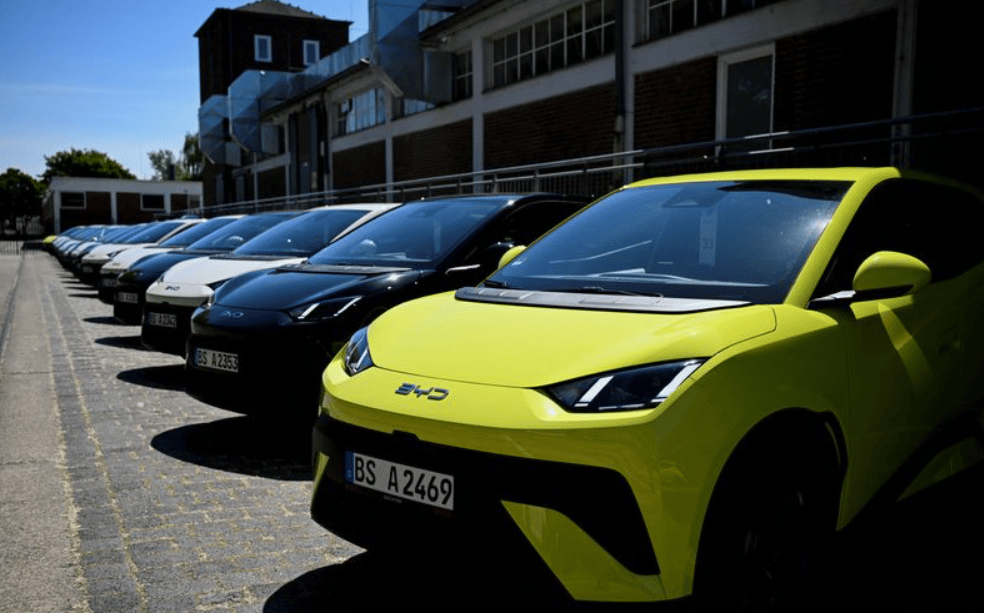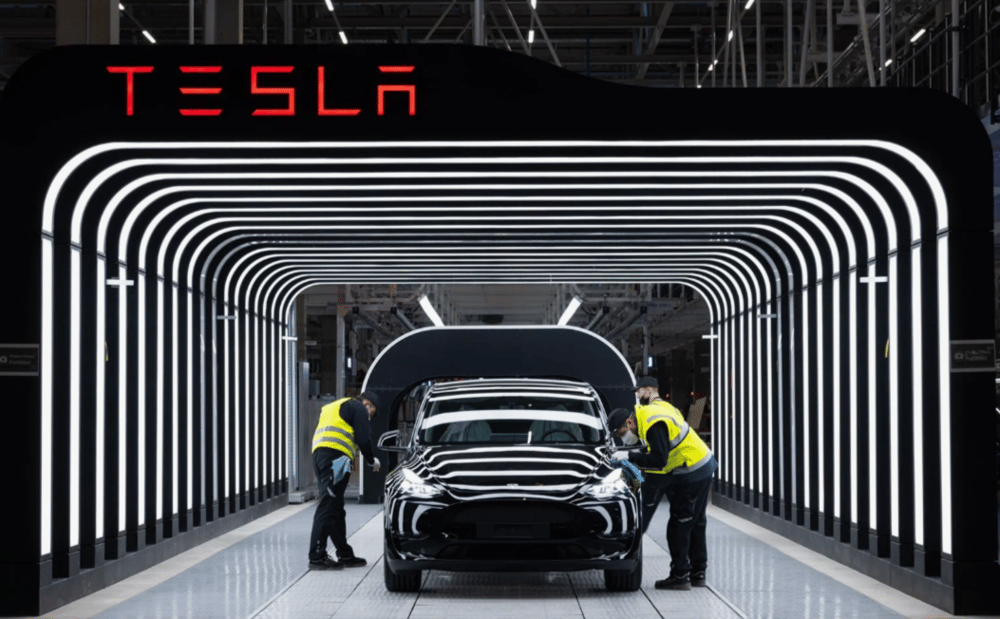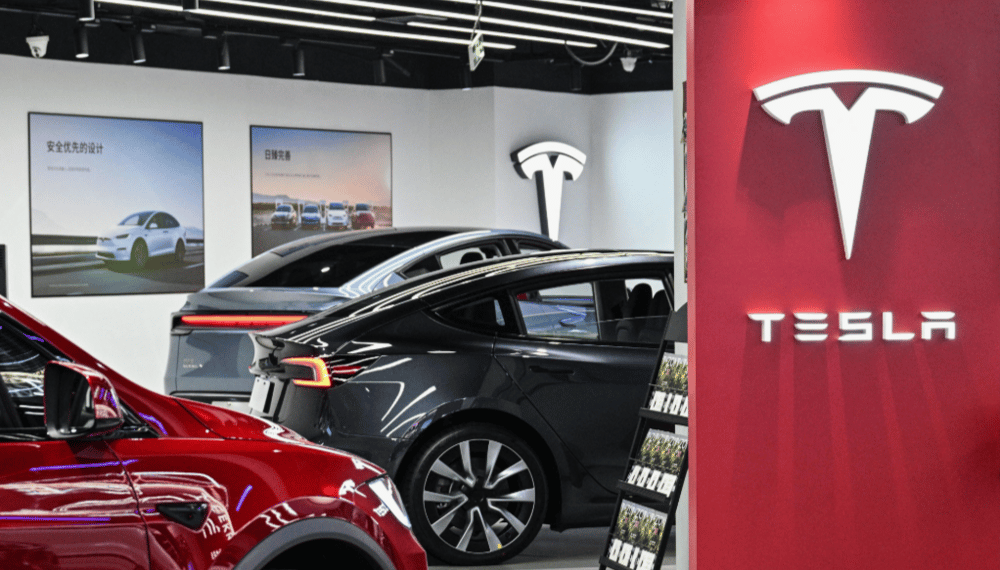Tesla Sales Plunge 49% in Europe Despite Surge in EV Market
In April, Tesla Inc. $TSLA experienced a staggering 49% year-on-year drop in vehicle sales across Europe, according to new data released by the European Automobile Manufacturers’ Association (ACEA). This contraction sharply contrasts with the 27.8% year-on-year growth in the region’s electric vehicle (EV) segment, raising concerns about the brand's regional positioning despite a broader shift toward e-mobility.
The Model Y facelift, released earlier this year, failed to reverse Tesla’s downward trend, suggesting that product upgrades alone may not be sufficient to rebuild the company's reputation in key European markets.
Tesla’s Market Contraction Amid European EV Growth
The overall European automotive market remained relatively stable, declining only 0.3% in April. However, the subsegment of battery electric vehicles (BEVs) and plug-in hybrid electric vehicles (PHEVs) outperformed, supported by incentives, infrastructure development, and tightening emissions regulations.
Tesla’s underperformance becomes even more pronounced when set against this positive backdrop. Analysts suggest that several factors may be eroding consumer trust in the brand across Europe, including pricing volatility, inconsistent aftersales service, increasing competition from European and Chinese EV manufacturers, and reputational issues related to CEO Elon Musk's public image and statements.
The facelifted Model Y, Tesla’s best-selling vehicle in Europe, was intended to revitalize interest, but early indications show the refresh has had limited commercial impact. Consumers appear more drawn to new entrants like the Volkswagen ID.4, Hyundai Ioniq 5, and models from BYD and MG, which offer competitive pricing and localized appeal.

Quick Facts
Tesla sales in Europe down 49% YoY in April 2025
European EV sales up 27.8% in the same period
Overall car sales in EU dropped 0.3%, ACEA data shows
Model Y facelift failed to boost Tesla’s regional performance
Strong EV growth driven by EU incentives, infrastructure, and regulation
Competitive pressure from Volkswagen $VOW.DE, Hyundai $HYUD.L, BYD $BYDDY, MG $MG rising
Brand perception and executive influence cited as key challenges
Market Reactions and Strategic Implications
Equity markets did not show an immediate negative reaction to the regional sales decline, with TSLA shares remaining within a narrow trading band. Investors may view the slump as cyclical or isolated, though strategic concerns are rising among analysts regarding Tesla’s European trajectory.
The broader EV sector remains buoyant, which implies that Tesla’s issue is brand-specific rather than market-driven. European automakers, including Volkswagen AG, Stellantis $STLAM.MI, and Renault $RNO.PA, are rapidly gaining EV market share, often supported by localized production, brand loyalty, and favorable policy frameworks.
Industry watchers are also monitoring how Tesla adjusts its pricing strategy, delivery timelines, and European marketing communications in response to the declining numbers. An overly centralized global strategy may no longer suffice for a diversified EV landscape with strong regional differentiation.

Key Strategic Insights
Brand Erosion: Tesla is losing traction in Europe despite EV demand surging—reputation management now critical.
Product Limitations: Model Y updates failed to drive volume recovery, raising concerns about innovation fatigue.
Market Competition: Established and emerging automakers are capitalizing on Tesla’s weaknesses.
Policy Tailwinds Ignored: Tesla isn’t fully benefiting from EU EV policies, unlike more integrated European brands.
Localized Strategy Needed: A global brand image must adapt to regional consumer behavior and expectations.
Tesla’s European Decline Highlights Strategic Misalignment
Tesla's sharp drop in European sales during a period of sector growth underscores a growing disconnect between the brand and regional consumers. As Europe accelerates its EV transition, Tesla’s competitive advantage appears to be eroding amid a more fragmented and competitive landscape. Without a recalibrated strategy that emphasizes localization, consistent service quality, and reputational repair, Tesla risks ceding further market share in one of the world’s most dynamic EV regions.















Comments